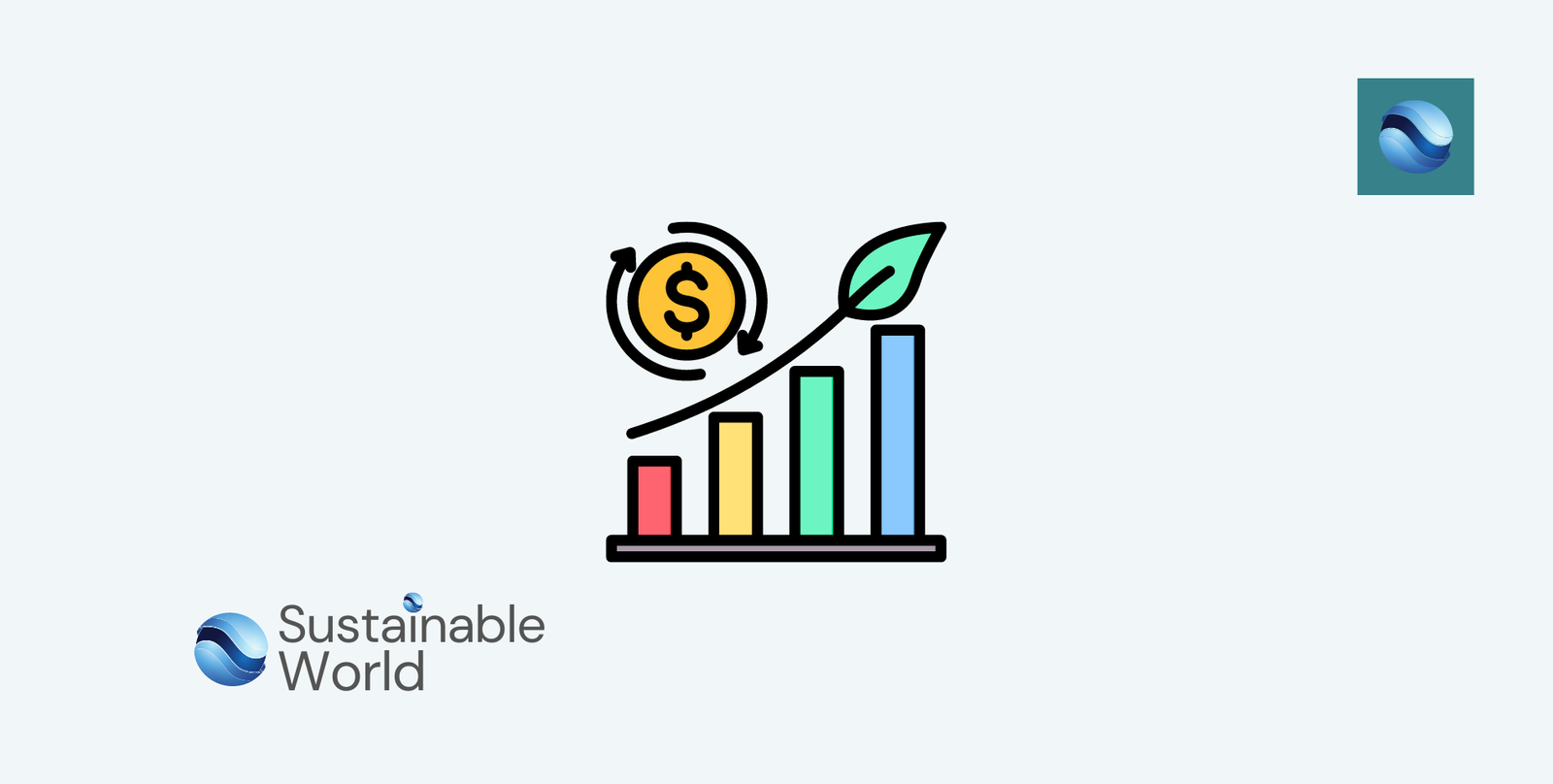In today’s rapidly evolving world, achieving sustainable growth has become paramount. As businesses and individuals, it is crucial that we prioritize responsible progress to ensure a better future for our planet and generations to come. In this blog post, we will delve into the concept of sustainable growth, its significance, and how businesses can embrace it. By doing so, we can optimize our growth strategies while minimizing our environmental impact.
What is Sustainable Growth?
Sustainable growth refers to the ability of an enterprise to expand its operations, increase profitability, and enhance its market share while simultaneously minimizing negative environmental, social, and economic impacts. It involves striking a balance between economic development, environmental stewardship, and social responsibility.
The Importance of Sustainable Growth
Sustainable growth is crucial for several reasons:
- Preserving the Environment: Sustainable growth ensures that businesses operate in harmony with nature, minimizing resource depletion, pollution, and waste generation. By adopting eco-friendly practices, we can safeguard our environment for future generations.
- Social Responsibility: Sustainable growth promotes social equity and inclusivity. It emphasizes fair labor practices, community engagement, and partnerships that benefit local communities and society as a whole.
- Long-term Economic Viability: By embracing sustainable growth, businesses can future-proof their operations, reduce risks, and tap into emerging markets driven by environmentally conscious consumers. This approach fosters resilience and long-term economic stability.
Strategies for Achieving Sustainable Growth
To achieve sustainable growth, businesses must adopt a holistic approach driven by environmental, social, and economic considerations. Here are some key strategies to embark on this transformative journey:
1. Embrace Circular Economy Principles
The circular economy model aims to minimize waste by maximizing resource efficiency and fostering a closed-loop system. By reusing, recycling, and regenerating materials, businesses can reduce their environmental footprint while capturing economic value. This approach encourages innovation, collaboration, and the creation of new revenue streams.
2. Implement Sustainable Supply Chains
Sustainable growth relies on responsible sourcing and supply chain management. By engaging suppliers who uphold ethical standards, reduce carbon emissions, and promote social welfare, businesses can create a positive ripple effect throughout their entire value chain. Transparency and traceability are key in building trust and ensuring compliance.
3. Invest in Renewable Energy and Energy Efficiency
Transitioning to renewable energy sources and adopting energy-efficient technologies plays a pivotal role in achieving sustainable growth. By reducing reliance on fossil fuels, businesses can lower greenhouse gas emissions, mitigate climate change risks, and improve their bottom line through reduced energy costs.
4. Foster Innovation and R&D
Embracing innovation and investing in research and development (R&D) are essential for sustainable growth. By focusing on eco-design, product life extension, and sustainable alternatives, businesses can create innovative solutions that drive positive environmental and social impact while capturing market opportunities.
5. Engage Stakeholders and Collaborate
Sustainable growth requires collaboration among businesses, governments, NGOs, and communities. By engaging stakeholders and fostering partnerships, businesses can collectively address shared challenges and leverage diverse expertise to drive systemic change. This collaboration enables the creation of sustainable business models that benefit society as a whole.
Conclusion
Sustainable growth is not just an ideology; it is a necessity. By integrating environmental, social, and economic considerations into their growth strategies, businesses can thrive while safeguarding our planet and promoting societal well-being. Embracing circular economy principles, implementing sustainable supply chains, investing in renewable energy, fostering innovation, and collaborating with stakeholders are key pathways to unlocking sustainable growth.
In this era of rapid transformation, it is crucial for businesses to prioritize responsible progress. By embarking on the journey towards sustainable growth, we can create a brighter and more sustainable future for all. Let us unite in our commitment to sustainable growth and pave the way for a prosperous and harmonious world.
Products
- Flow and Grow: The Path to Self-Mastery and Personal Growth eBook – Unlock the keys to personal growth and sustainable success with actionable strategies for self-mastery.
- Guide to Investing: What the Rich Invest in That the Poor and Middle Class Do Not eBook – Learn investment principles that align with sustainable growth and long-term financial success.
- The Legacy Builders: Building Sustainable Businesses That Make an Impact eBook – Discover how to create businesses that prioritize sustainability and leave a lasting legacy.
- Learn How to Develop Your Economy eBook – Explore strategies for fostering economic growth that supports both communities and the environment.
- Grow Food eBook – Learn how to cultivate your own sustainable food supply to support health, independence, and environmental responsibility.



Leave a Reply